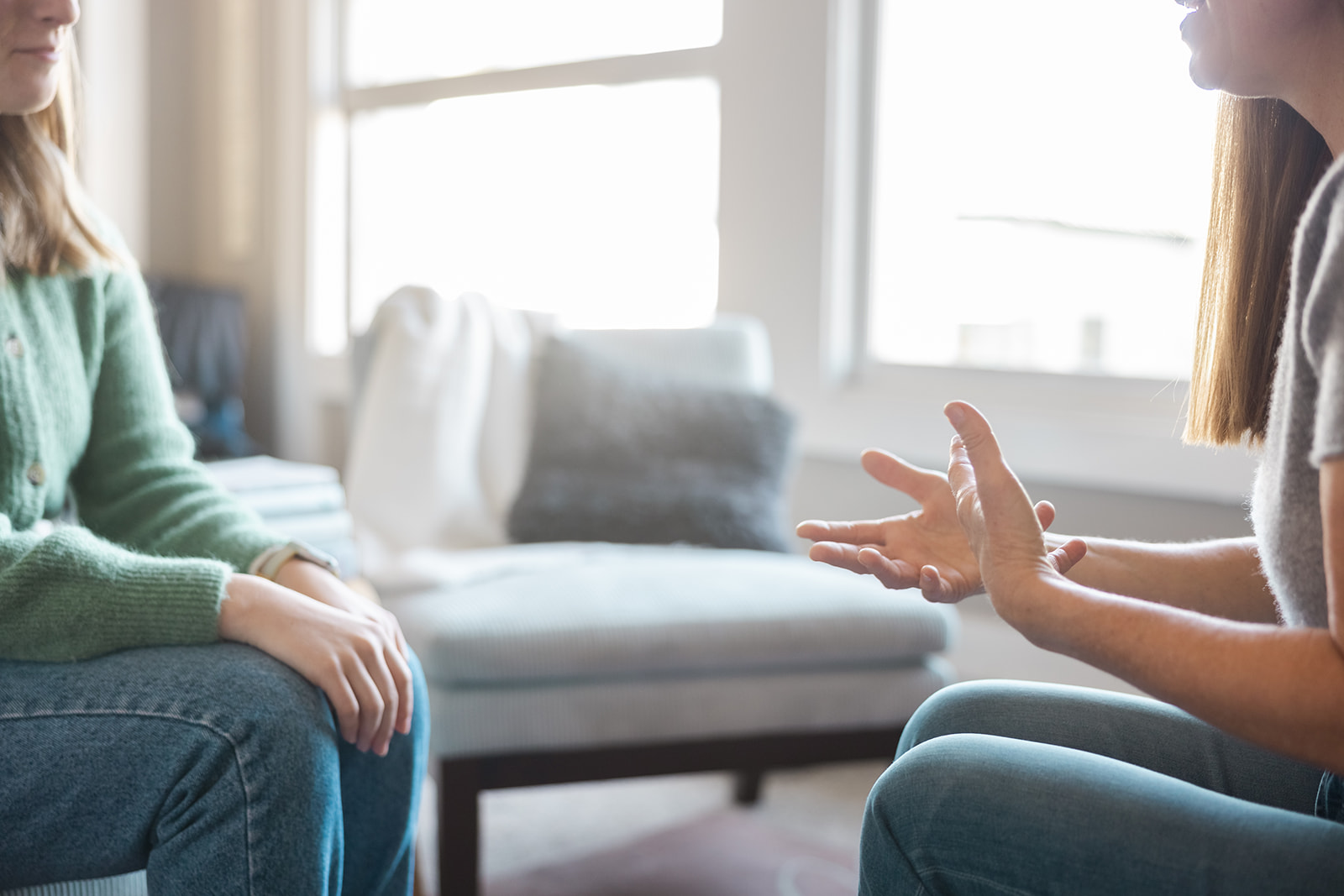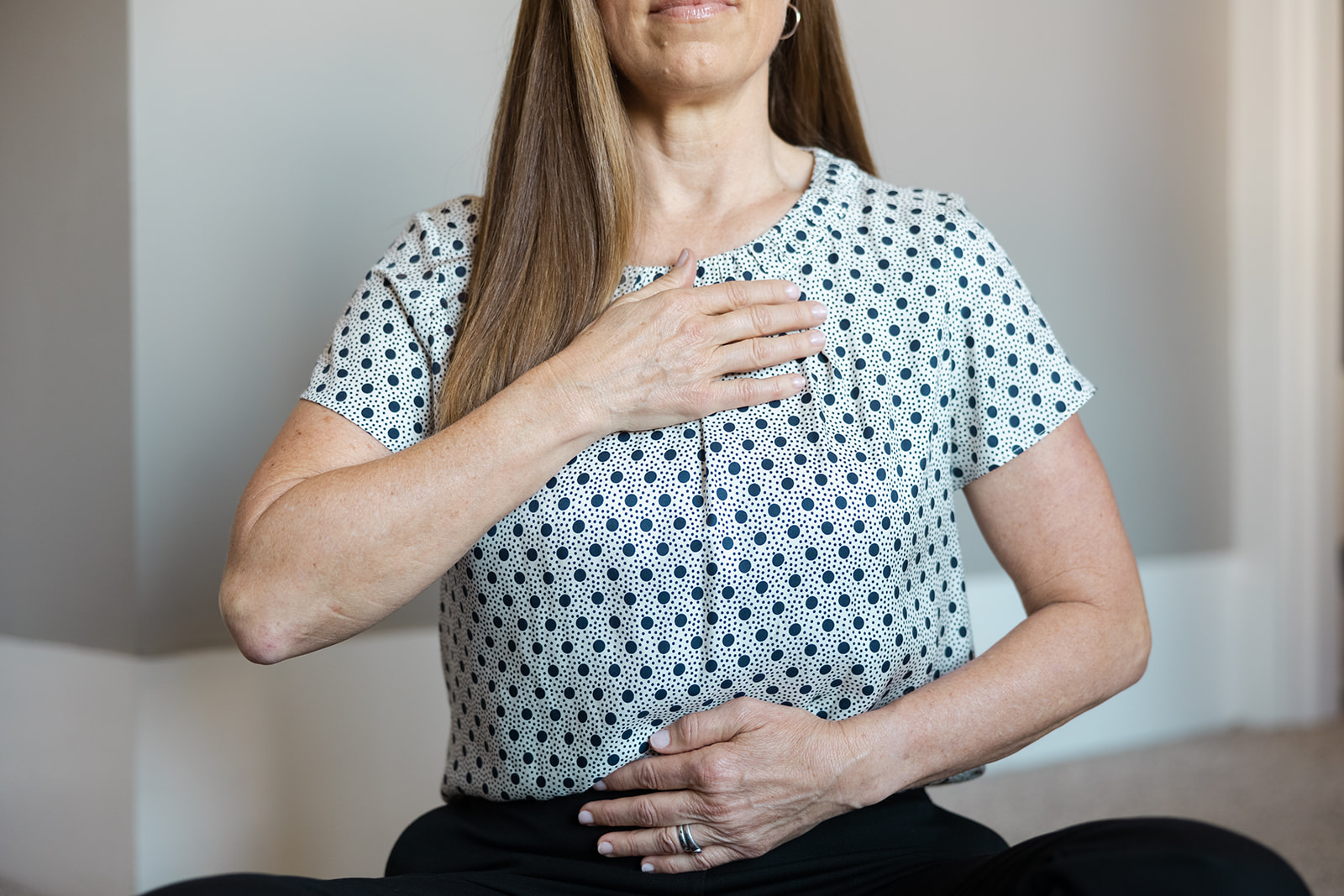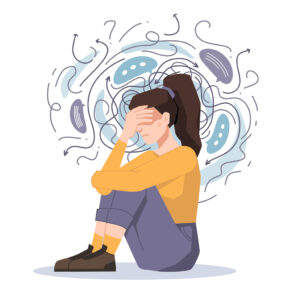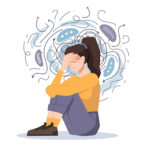Dear Friend,
Imagine if you went to work and changed someone’s life for the better.
 This is the vision for my life that has made me so passionate about homeopathy. If you have ever met me, you know that I am a fanatic super fan of homeopathy. I truly believe that if everyone was able to have homeopathic treatment, the world would be a place with much less suffering, and greater overall health. My mission is to change the world, one person at a time. This is the story of a life changed by homeopathy.
This is the vision for my life that has made me so passionate about homeopathy. If you have ever met me, you know that I am a fanatic super fan of homeopathy. I truly believe that if everyone was able to have homeopathic treatment, the world would be a place with much less suffering, and greater overall health. My mission is to change the world, one person at a time. This is the story of a life changed by homeopathy.
Sleep deprivation can make you crazy. Just watch Survivor and see how lack of the basic human needs turns a person feral. Some people are so sensitive to sleep deprivation that it only takes a few weeks or even days of sleep loss to have a major impact. Any parent will tell you that the fragmented sleep of newborn care or caring for a sick child overnight will make you feel hung over and cognitively impaired. Just how bad can it get? Read on.
ONCE UPON A TIME
Joanna was a 37-year-old mother who came to me with two main complaints; insomnia and gall bladder pain. She had been unable to sleep for only a month or so, yet she was already feeling desperate and crazy. She had experienced episodes of insomnia in the past, always before final exams at school. At the time of our intake, she had a final exam scheduled in 3 months for a class she was taking to expand the focus of her specialty. She had already decided not take the exam, because of the stress, but that had not altered the insomnia. Joanna’s gall bladder had been acting up for the past 3 years, but the pain had really kicked up in the last month, and she felt this had pushed the insomnia over the edge. Any time she ate anything fatty, the pain was so uncomfortable that she couldn’t lie down, and this aggravated even the potential of getting to sleep.
Joanna had tried medications and herbal supplements of all kinds, including Ambien, Xanax, Passionflower and Valerian. Nothing made any difference. Most nights she just could not go to sleep. If she did fall asleep, she would wake up in the middle of the night and be unable to go back to sleep. As the evening approached, Joanna would start to fear and dread the approaching night. If she fell asleep and then woke up, she was afraid to look at the clock, dreading to know how many hours of wakefulness lay ahead of her.
Joanna’s waking hours were impacted by the lack of sleep as well. Physically, she felt faint, nauseated, and dizzy. Mentally, she feared she was going crazy; feeling fearful, anxious, even paranoid. She had extreme anxiety about her health, with looping intrusive thoughts about what might be wrong with her. She was hopeless and feeling entirely alone in this waking nightmare. Worst of all, she despaired that she might be like this for the rest of her life. She could not see a way out. It was torture.
In our intake appointment, I learned that Joanna was perfectionistic, and afraid to make a mistake. She was a high achiever with high expectations of herself, pursuing one career boost after another, needing to prove that she was worthy. She told me she even felt it was not allowed for her to be sick. Everything had to be perfect; the house was perfect, she looked perfect, she acted perfect – but even perfect was not good enough. She said, “If I lose control of something, it is very scary.” The insomnia was the ultimate example of losing control. No wonder she was so scared and desperate.
I chose two remedies for Joanna, alternating them weekly to support her sleep and her underlying chronic state. For her gall bladder, I recommended a series of organ-specific adjunct therapies that we rotated periodically, including remedies and gemmotherapy. Joanna had no strategies for stress reduction, so I recommended practicing NSDR twice daily and taught her some simple breathing techniques to move her out of that fight or flight state, and into a state of relaxation.
AND THEN
One month later, I noticed a small shift in Joan. She appeared more alert and vital, and she smiled a little bit. She was still pretty pessimistic. It was hard for her to see the change, but it was noticeable to me. Her anxiety was better, the intrusive thoughts about her health were coming less often and were not as intense, she could let them go more. Her sleep was getting deeper and better. She could sleep deeply for a few hours and wake up feeling rested. She was having no gall bladder symptoms. Her low mood and desperation was 70% better.
Two months later, Joanna was sleeping well almost every night. Some nights she woke up but not often. She had no gall bladder pain, and she could eat anything with no problems. Her intrusive thoughts were much fewer and were easily dismissed. She was not despairing, guilty or fearful anymore. She had a breakthrough about her perfectionism, realizing it was connected to her parental relationships in childhood.
HAPPILY EVER AFTER
6 months later, Joanna has no sleep or gall bladder issues at all. She laughed when I reviewed the symptoms of anxiety, worry and even paranoia she was having when she first saw me, saying this was just not her anymore. She was part of her family again, enjoying being a mother, and being a part of her child’s daily activities. She found she learned about herself during this process, that she could be triggered by certain situations or messaging, and she created a plan of self-regulation should something like that happen in the future.
ABOUT THE TREATMENT PLAN
The two remedies I alternated for Joanna were Carcinosin and Cocculus.
Carcinosin is a remedy that helps the feeling of desperate perfectionism, never being good enough, fear of rejection, aggravation from anticipation (the upcoming exams), and has a keynote symptom of insomnia. Esteemed homeopaths Roger Morrison and Nancy Herrick recently gave a lecture on this remedy summing up the major themes in Carcinosin:
- Giving all of themselves, surrendering to the needs of others.
- Holding back chaos with control and achievement.
- Intense struggle with insurmountable odds, a desperate situation.
- Perfectionism. Why? It is unacceptable to be human and have flaws. We can do better.
- Responsibility.
Cocculus is a remedy indicated for problems arising from loss of sleep, including cognitive symptoms as well as physical symptoms. We commonly use Cocculus in cases of “nightwatching”, a situation in which a caregiver stays awake in the night to care for someone. This feeling is the combination of worry, anxious caring and loss of sleep. People needing Cocculus often have vertigo, nausea, spaciness, and tremendous anxiety, which can result from a loss of sleep – or not. I have treated many cases of vertigo and basic motion sickness with Cocculus. Roger Morrison lists these main themes:
- Ill-effects from loss of sleep
- Exhausted and sick from anxiety about a loved one
- Slow cognition and mental processes
- Anxiety about health
- Vertigo with spinning and nausea
- Motion sickness
NSDR (non-sleep deep rest) is also known as Yoga Nidra. It is a practice of guided relaxation that promotes deep calmness with awareness, although it is also fine to fall asleep. It has been shown to reduce the stress hormone cortisol, enhance focus and mental clarity, improve sleep quality, and can even replace lost sleep. This can be a more accessible option than meditation, though that is a favorite stress reduction of mine. Read more about meditation here. Read more about NSDR here.
My favorite breathing exercise is the physiological sigh: 2 inhales through the nose, followed by a long exhale through the mouth. This immediately activates the parasympathetic nervous system, and can be done anywhere at any time; a stop light, in a meeting, or when something unexpected happens. Learn more here.
Imagine if you went to work and hoped to change someone’s life for the better. And then you did. Another happy ending.
Note: This is not intended as medical advice. Please work with a certified homeopath to treat your chronic illness. You can learn to use homeopathy at home to treat acute injuries and illnesses with resources available on my website including webinars, articles and suggested tools.
Wishing you optimal health,
Alexis






